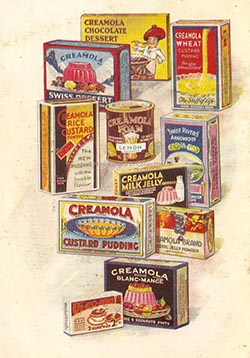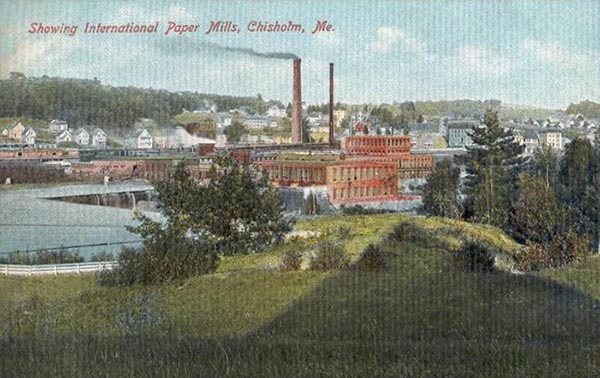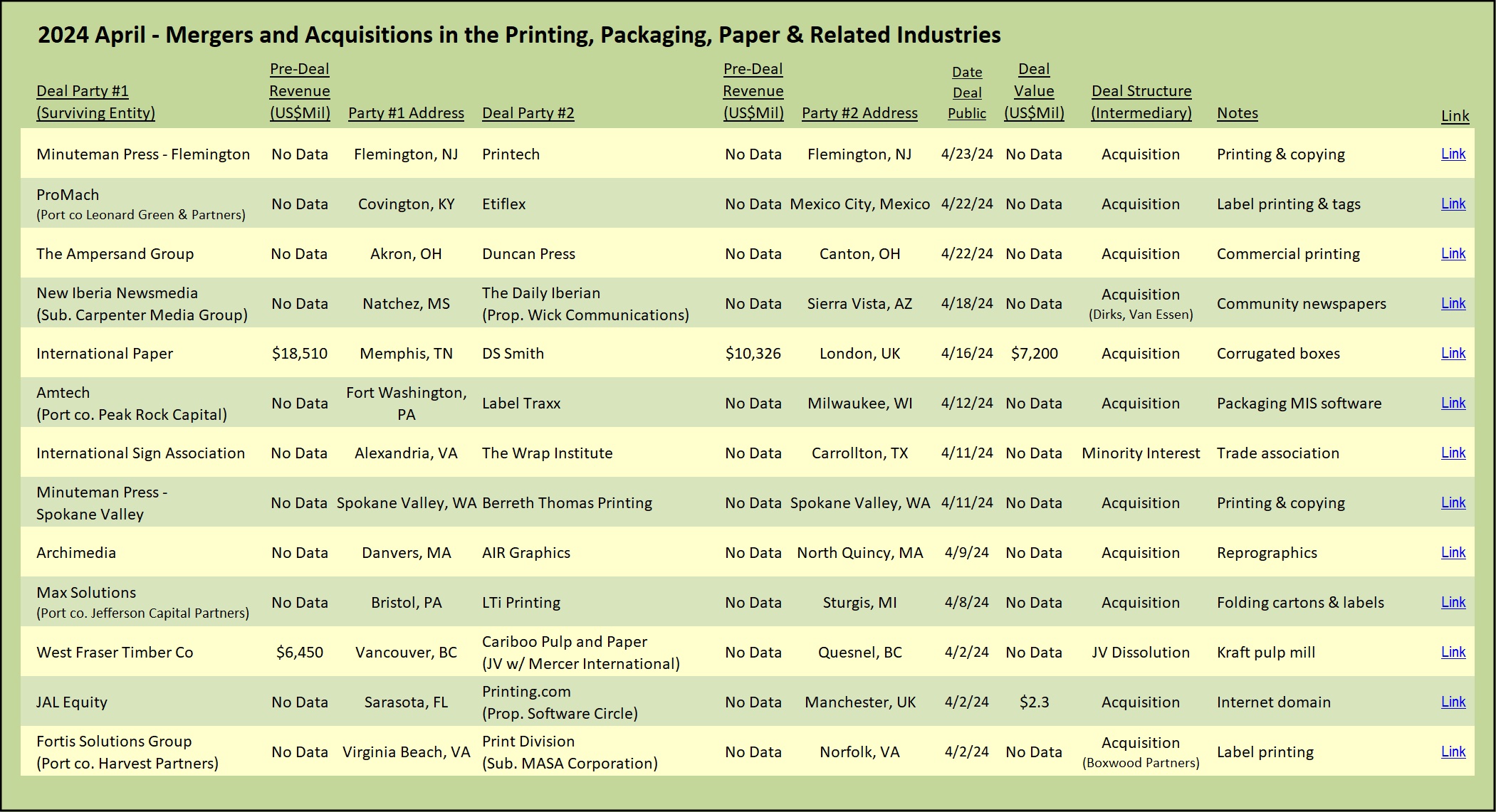
In a classic bidding war that played out in the public markets, International Paper announced that it had prevailed over Mondi in the competition to land DS Smith. It was an about-face for the London-based DS Smith company. The Mondi and DS Smith boards were confident they had arrived at a final price and structure. In early March, they jointly announced an agreement for Mondi to acquire DS Smith in an all-share offer.
Less than three weeks after the deal with Mondi was announced, US-based International Paper came roaring out of the sidelines and pushed Mondi out of the way with a stock-exchange offer for DS Smithvalued at $7.2 billion. This deal is just one of many over the past several years as the paper industry sorts itself out, reduces its reliance on printing papers, and shifts to packaging grades. (For more, see: The Target Report: Paper Industry in Transition – May 2022.)
DS Smith – A Path to Corrugated
DS Smith is a London-based packaging company focused on manufacturing corrugated cartons. Founded in 1940 by David Solomon Smith and his cousin, the company originally started as a manufacturer of folding cartons. In what was a propitious decision at the time, the company specialized in the production of cigarette cartons for the British-American and Imperial Tobacco companies. As war raged in the skies over London and across the channel in Europe, as evidenced by pictures of British pilots and American GIs from the time, packaged cigarettes were in high demand and ample supply.
 In addition to cigarettes, the company focused primarily on manufacturing lithographed cartons for consumer brands such as Creamola and Helena Rubenstein. The company bumped along for several decades, with annual revenue in the early 1980s still stuck under $10 million. In 1983 the company was acquired in a leveraged buyout by a financial manager. He followed up on the purchase shortly thereafter with the acquisition of a maker of boxes for ladies’ shoes. In 1985 the company acquired Abbey Corrugated, a transformational deal that paved the way for DS Smith’s eventual concentration on the corrugated box business. In a sequence of transactions that reads like a who’s who of paper brand names for those of us in the business back then, the company acquired the UK division of US-based St. Regis Paper Company and set up a partnership to make heavy-duty corrugated cases with Weyerhaeuser. Other acquisitions expanded the company’s operations into France, Poland, Italy, Belgium, Spain, Israel, the Dominican Republic, down under in Australia and New Zealand, and to the US. Along the way, the company acquired its first paper mill, a foundation for the eventual vertical integration in what is now a completely circular production pathway from recycled waste material to new boxes.
In addition to cigarettes, the company focused primarily on manufacturing lithographed cartons for consumer brands such as Creamola and Helena Rubenstein. The company bumped along for several decades, with annual revenue in the early 1980s still stuck under $10 million. In 1983 the company was acquired in a leveraged buyout by a financial manager. He followed up on the purchase shortly thereafter with the acquisition of a maker of boxes for ladies’ shoes. In 1985 the company acquired Abbey Corrugated, a transformational deal that paved the way for DS Smith’s eventual concentration on the corrugated box business. In a sequence of transactions that reads like a who’s who of paper brand names for those of us in the business back then, the company acquired the UK division of US-based St. Regis Paper Company and set up a partnership to make heavy-duty corrugated cases with Weyerhaeuser. Other acquisitions expanded the company’s operations into France, Poland, Italy, Belgium, Spain, Israel, the Dominican Republic, down under in Australia and New Zealand, and to the US. Along the way, the company acquired its first paper mill, a foundation for the eventual vertical integration in what is now a completely circular production pathway from recycled waste material to new boxes.
Through a steady stream of acquisitions and divestitures, DS Smith evolved to its current state as a leading supplier of fiber-based products utilizing recycled and sustainably sourced fiber. The company has 12 paper mills across Europe and 2 in North America, that collectively produce approximately 4 million tons of corrugated case materials and specialized paper products. Operating in more than 30 countries, DS Smith employs over 30,000 people. Almost all of the company’s products now end up in packaging applications. Revenue for the most recent fiscal year reached $10.3 billion.
International Paper – American Industrialist
Unlike the entrepreneurial spirit that drove the establishment of DS Smith in 1940?wartime England, International Paper was established in 1898, in the heyday of the US trusts that sought to consolidate industries such as railroads, sugar, and steel. Papermaking was not immune to the pressures to merge, and, under the guidance of William Augustus Russell, International Paper was formed by bringing together 17 pulp and paper mills that collectively held the rights to 1.7 million acres of timberland in the Northeastern US states and Canada.
Russell’s father was in the papermaking business in Exeter, New Hampshire, and in 1848 at the age of 17, the younger Russell worked in the business. At the age of 20, he founded the Russell Paper Company in partnership with his father. He went on to expand his business interests as far away as Minnesota in the pulp, paper, lumber, and power businesses. He served three terms in the US House of Representatives, where he promoted tax laws and tariffs favorable to American industry. In 1890, Russell was president of the American Paper and Pulp Association, a trade association that lobbied for favorable government regulations and promoted the paper industry. As the consolidation of industries reformed the American industrial landscape, Russell joined another industrialist, Hugh Chisholm, to establish the International Paper Company.

Hugh Chisholm might well be the most eligible person to be the ideal lead character in a Horatio Alger novel, the 19th-century stories about impoverished boys who rose to good fortune and comfort through hard work and good deeds. One of ten children whose father died when he was thirteen, Chisholm left school and sold newspapers at the local train station. He became friends with Thomas Edison, who also sold newspapers on the railroad. Chisholm eventually bought out his employer and soon had over two hundred newsboys hawking newspapers, magazines, and books to rail and steamboat passengers. That led to the establishment, with his brother, of the Chisholm Brothers Publishing company in Portland, Maine. Travel guides were next and with the adoption of lithographed halftone printing, the production of picture postcards. Printing led Chisholm to an interest in papermaking, and along with other capitalists of the time, he started several paper companies in Maine.
When Russell died unexpectedly, Chisholm took over the presidency of the fledging International Paper Company, which he managed for eight more years. During that time, the consolidated paper mills under his guidance produced 60 percent of all newsprint sold in the United States and International Paper was the largest paper company in the world. Not one to rest on his laurels, Chisholm also founded an iron foundry, and a power company, initiated the first forest management program for International Paper, and began construction of Strathglass Park, one of the first planned communities for mill workers, in Rumford, Maine.
International Paper – Focused on Packaging Grades
In 1931, amid the Great Depression and under pressure to create new products due to the drop in demand for its newsprint and printing paper grades (sound familiar?), International Paper began the production of linerboard for packaging on a papermaking machine, which produced inexpensive, high-quality grades for use in corrugated boxes. The company followed this up with the production in 1939 of bleached kraft grades for folding cartons, including the unique application of paperboard to make paper-based milk cartons.
International Paper diversified over the past seven decades, which included the purchase and eventual sale of companies that produced plastics, chemicals, and a paper distributor, among other sidelines. After clearing its portfolio of those diverse products and services, International Paper appears poised to refocus its efforts on the corrugated packaging grades it pioneered during the 1930s. However, that direction was not abundantly clear from its actions, that is until International Paper made the move for DS Smith. In fact, the company seemed headed in the other direction, reducing its portfolio of products, including the sale of several packaging-related divisions.
In 2017, International Paper shed a major packaging business unit in a transaction that transferred its consumer products folding carton business to Atlanta-based Graphic Packaging. The deal included a papermill in Domino, Texas, which produces coated paperboard used in the production of printed folding cartons. This followed an earlier sale of three US-based paperboard converting facilities to Atlantic Corporation.
In March 2020, the company entered into an agreement to divest its corrugated business in Brazil. The selloff included three containerboard mills and four box plants. The company cited its inability to operate the Brazilian plants profitably.
In December 2020, International Paper made public its plans to spin off its printing papers business, primarily the uncoated grades, including the well-known brands Accent, Hammermill, Williamsburg, and papers for HP. The new company, under the new name Sylvamo, was spun off in October 2021 and cleaved off approximately $4 billion of revenue and 6,500 employees. With the divestiture, the chairman of International Paper proclaimed that “International Paper is now a highly-advantaged, corrugated packaging-focused company.” In the midst of endless corporate gobbledygook mission statements, a strategic proclamation does not get much clearer than that.
Despite the well-crafted assertion that it was committed to the corrugated packaging market, shortly thereafter, in January 2021, the company announced the sale of its corrugated packaging facilities in Turkey to Mondi, its archrival in the bidding contest to acquire DS Smith.
As recently as October 2023, the company announced the permanent closure of the containerboard mill in Orange, Texas, with the cessation of production on two of its pulp machines, one in Riegelwood, North Carolina, and one in Pensacola, Florida. The closure of the Texas mill reduced the company’s annual containerboard capacity by 800,000 tons. Nonetheless, the company retained its core capability and strength in containerboard production and was poised to pounce when the right opportunity arose.
When Ireland-based Smurfit Kappa announced the purchase of US-based WestRock in September 2023, International Paper was suddenly faced with losing its position as the number one producer in the world of fiber-based packaging. When that deal is completed later this year, the Smurfit-WestRock company will be the world's biggest paper and packaging company, with approximately 100,000 employees, 500 converting operations, 67 mills, and an annual production capacity of 23 million tons of fiber-based board products.
Faced with losing the opportunity to retain its strategic leadership position in containerboard-based products, it is easy to see why International Paper did not want DS Smith to get away from it in the sale to Mondi. When faced with the larger offer from International Paper, Mondi announced that it would not be making a counteroffer. The bidding war was over, with the victory going to International Paper. Notably missing from this clash of giants is any focus on the printing grades of yore. It is all about packaging.
View The Target Report online, complete with deal logs and source links for April 2024

















